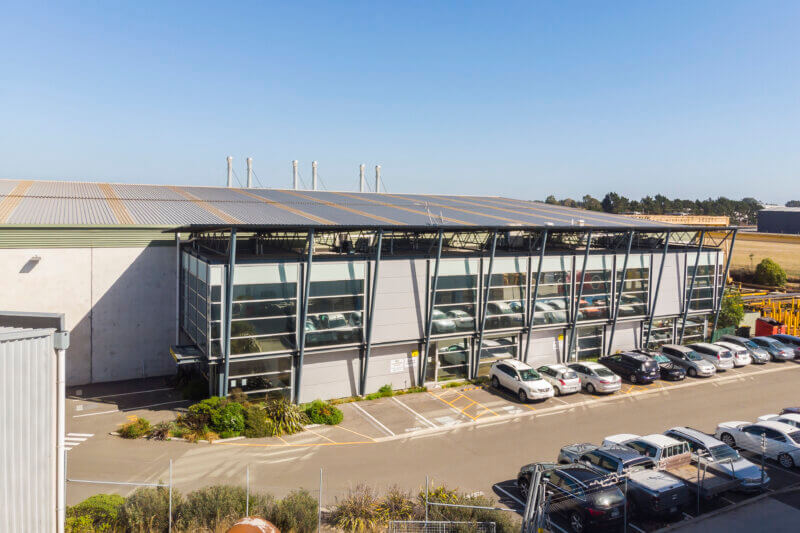How to invest in property without buying a house

Sky-high house prices make it hard to buy a first home, let alone a rental property, but experts say there are ways to invest in property without buying a house.
Investing in residential rental property has long been New Zealanders’ favoured means of building wealth, or saving for retirement.
But a host of Government and Reserve Bank policy changes, including the extension of the bright-line test, the removal of interest deductibility on rental income and tighter lending criteria, have made residential property investment harder.
Changes to tenancy law, which came into force earlier this year, and the healthy home standards are also prompting many people to shift their focus away from residential property.
While some investors are switching to new build property, which has exemptions from the new tax policies, others are looking for different options.
Economist Tony Alexander’s latest portfolio investment survey, released Monday, shows that 11 per cent of respondents are planning more investment in residential property, down from 20 per cent the month before.
This suggests that intentions of investing in residential property are waning, he says. “But it is in favour of other options, such as shares, commercial property, crypto assets and precious metals.”
But this change does not mean property is no longer an investment option.
John Norling, who is head of wealth research at investment firm Jarden, says while the popular definition of property investing is buying a residential rental property, there are other ways to build wealth via property.
Many people, including those saving towards their own home, are interested in property, but are not sure how to access its benefits without buying a house or a commercial property and taking on the associated responsibilities, he says.
“But direct property investment isn’t the only way investors can be involved in the market.
“Other options include commercial property funds, or listed property vehicles. These are technically shares, where you can invest in a company that owns, operates, or finances real estate. These options have some attractive features.”
One is that they are quite liquid, so if someone needs to sell to raise capital the opportunity is there, and it is much easier than selling a physical property, he says.
“They also take care of the day-to-day responsibilities of managing a property for the investor, and their focus on the commercial sector, which includes properties from warehouses to office blocks, allows for greater diversification within a portfolio which is important.”
Another option could be investing in the emerging build-to-rent sector. Norling says this sector, which is gathering momentum and could take off in due course, is more akin to traditional residential investing.
But the recent dramatic rise in interest rates is a definite headwind for property, he says.

Exterior
“That means it’s worth talking to an adviser who can give you information to decide what option is best for you, your interests and your needs.”
There is growing interest in commercial property options because investors want a simple, long-term investment, and residential property is now too expensive and too hard, Erskine & Owen director Alan Henderson says.
Increasing numbers of investors are looking outside of Auckland, in areas like Canterbury, for less expensive commercial opportunities, he says.
“These investors have made money out of owning a number of properties, many of them are near retirement, and they want an investment that is less demanding. Commercial property offers this.”
His company’s latest property syndicate project is an example of the opportunities available, he says. It is a large industrial warehouse in the Izone Southern Business Hub, 20 minutes from central Christchurch.
A property syndicate is a formalised way for investors to join forces on a property.
“Investors want a high quality property that has a longish lease, with a minimum of six years, and the Westland Property Syndicate offers this.
“It has good returns and a long-term tenant that occupies a purpose-built building that manufactures products for the construction and infrastructure sectors.”
Henderson says the minimum investment in the syndicate is $100,000, and it has a projected 6.25 per cent per annum cash return paid monthly
